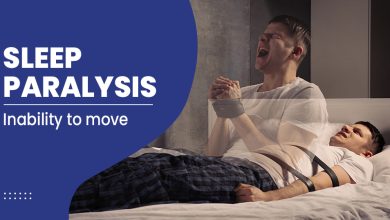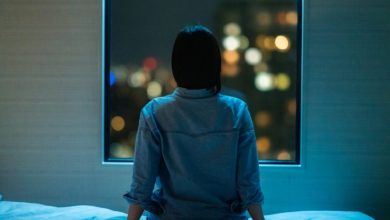How to Get the Healthy Sleep Amount—and Quality—You Need
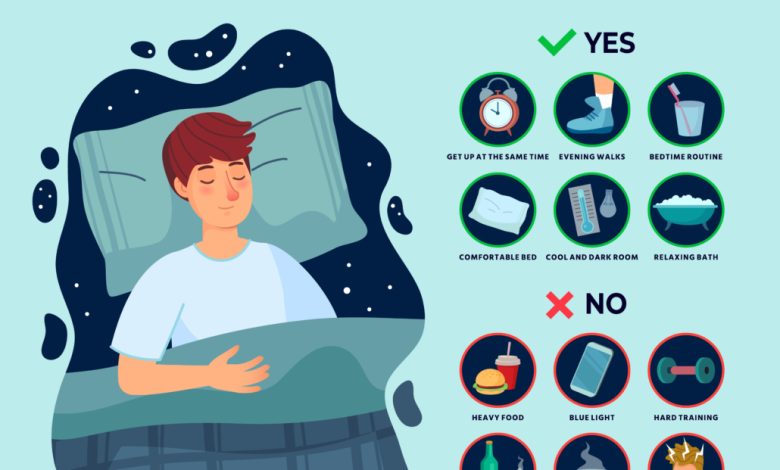
Introduction:
Getting satisfactory rest is vital for your physical and mental wellbeing Healthy Sleep. The National Rest Establishment suggests seven to nine hours of rest for grown-ups between 18 and 64 a long time ancient and seven to eight hours of rest for those who are 65 and more seasoned. Children, little child, newborn children, and newborns require indeed more rest.
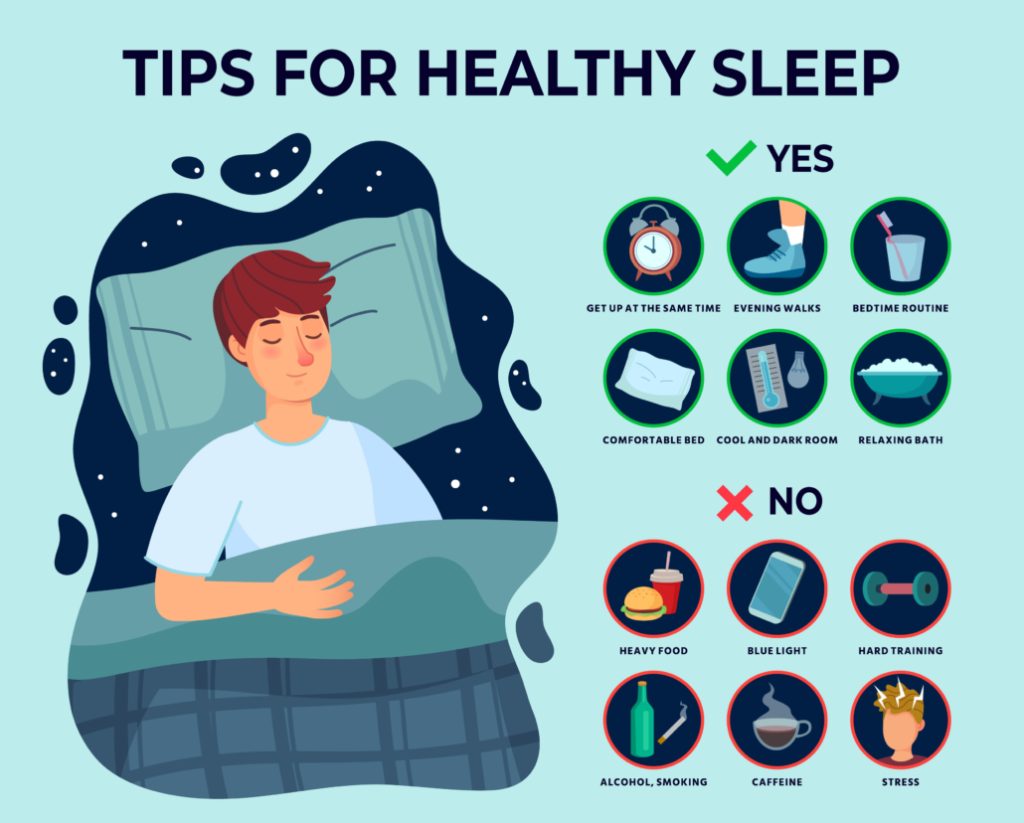
Numerous individuals don’t get the prescribed sum of rest, in spite of the fact that. In reality, 35% of grown-ups report averaging less than seven hours of rest a night. Lacking rest can adversely affect temperament, mental sharpness, and every day efficiency. Here’s how to induce the rest amount—and quality—you require for greatest rest and efficiency.
Tips for Improved Sleep
There are little changes you’ll be able make to your day by day schedule to realize maximum rest each night. Here are a few tips that can assist you drop snoozing sooner, nap longer, and wake up feeling way better rested.
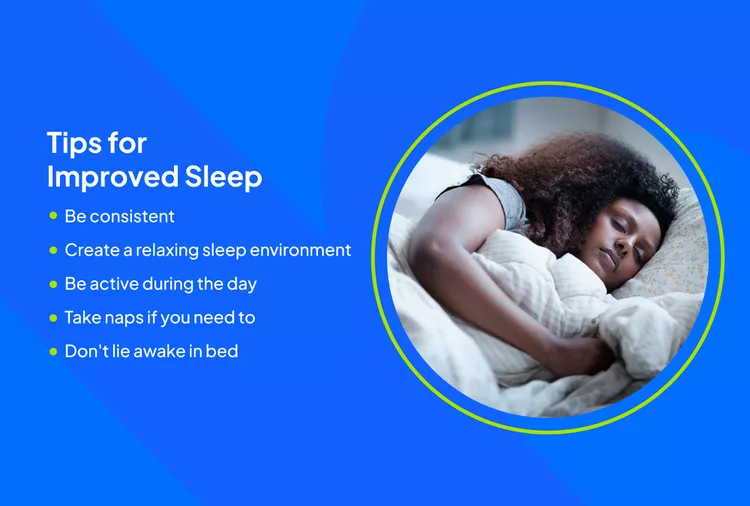
Be Consistent
Your circadian rhythm is a 24-hour physical, mental and behavioral cycle that helps regulate how much of the day you feel Healthy Sleep. The circadian rhythm goes through the regulation of body temperature and the release of hormones.
Small changes in the environment, such as daylight or temperature changes, and your schedule can disrupt this natural cycle. When your circadian rhythm gets out of sync, it affects when your body naturally begins to relax. You may have trouble falling asleep, experience fragmented or poor sleep, or wake up at night unable to get back to sleep.
To keep your circadian beat in check, it’s vital to set up a consistent wake-sleep cycle by reaching to bed and waking up at the same time each day. This conditions your body to gotten to be languid at a certain time each night and stay alarm all through the day.
Create a Relaxing Sleep Environment
To guarantee ideal rest, it’s vital to take after the body’s normal forms. Keep shinning lights amid the evening to a least. Turn off hardware like TVs, portable workstations, tablets, and phones two to three hours some time recently sleep time, as blue light has been appeared to smother melatonin generation.
Since your circadian beat is most touchy to light around one hour after you wake up and up to two hours some time recently bed, contributing in power outage shades might too assist you normally alter to a reliable sleep-wake cycle.
You’ll too need to lower the indoor regulator between 60 and 67 degrees Fahrenheit fair some time recently bed to avoid night sweats.
Avoid Certain Drinks and Foods Before Bed
Drinking too much right before bed can cause frequent urination during the night. Drinking alcohol or caffeine after dinner can even cause you to get up and go to the bathroom in the middle of the night.
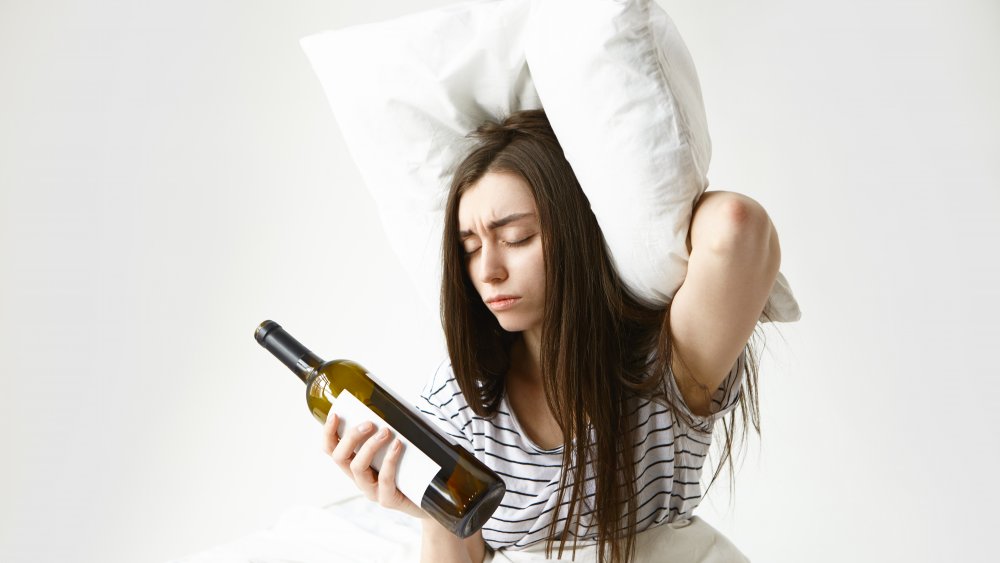
In addition to how much you drink, what you drink and eat can also affect your Healthy Sleep. Some drinks and foods you may want to reconsider before bed:
- Alcohol: Even small amounts of alcohol can prevent the relaxation of the cardiovascular system during sleep. Alcohol consumption can also be linked to rapid eye movement sleep behavior disorder, which causes dreams to act during sleep, which is crucial for good sleep. For optimal sleep, limit alcoholic beverages to just one hour before bed.
- Caffeine: Caffeine is a stimulant that can increase alertness and decrease sleep. The effect of caffeine begins about 30 minutes after consumption, and half of the dose can be felt after at least five hours. Avoid caffeine at least six hours before bed to prevent sleep disturbances.
- Acidic nourishments: Citrus natural products, fake sweeteners, carbonated refreshments, and certain grains and angle all contain higher levels of corrosiveness that delay the time it takes for the stomach to purge. The result is an increment in corrosive reflux, when your stomach substance come back up into your esophagus. Constraining acidic nourishments or swapping them for choices can offer assistance lower related side effects.
- High-fat foods: High-fat foods have been shown to increase symptoms that mimic acid reflux. To avoid possible symptoms, you should eat a heavy meal two or three hours before going to bed.
- Spicy foods: Heartburn, indigestion and acid reflux can occur from eating spicier foods. Lying down before food is fully digested can worsen symptoms by causing stomach acid to creep up the esophagus and irritate the lining. In addition, spicy foods raise body temperature, which some studies have linked to poorer sleep quality. Reduce symptoms by avoiding spicy foods altogether or consuming them early in the day when you are most active.
Be Active During the Day Healthy Sleep
Regular exercise can help you achieve better quality sleep by helping to regulate your circadian rhythm. But if you do this exercise, that’s the key. People who exercise at 7am sleep more hours each night, sleep more deeply and spend 75% more time in restorative sleep than those who exercise at other times of the day.
Intense cardio before bed can negatively affect sleep because exercise can raise your body temperature and heart rate, two things that should be lower when you sleep. With that in mind, try to finish your intense workouts an hour or two before bed.
If you want to get some exercise before bed, try yoga or stretching. They can help you relax to sleep.
Take Naps If You Need To Healthy Sleep
Studies have shown that naps can help the body recover from fatigue and increase mental awareness. And sleeping at the right time helps prevent fatigue and ensure a restful night’s sleep. For best results, short naps should be 15-30 minutes and long naps should not last more than 90 minutes.
To avoid nocturnal disturbances, it is best to take a short nap in the early afternoon before 14:00. It is also best to set an alarm so that you wake up at a convenient time.
Don’t Lie Awake in Bed to Healthy Sleep
Preparing your brain to associate bed with sleep can help you fall as Healthy Sleep faster. At the same time, lying in bed and falling asleep can cause the brain to associate bed with stress. If you can’t fall asleep soon after going to bed, practice relaxing activities outside the bedroom to reinforce bed-sleep.
Relax Before Going to Bed
Doing a low-energy activity before bed can help you relax after a long day and prepare your body for rest. Here are some ways to relax:
- Drink calming teas like chamomile and lavender
- Read a book
- Take a warm bath
- Play soothing music

Things that can affect your Healthy Sleep
About 50-70 million Americans have chronic sleep disorders. The four most common sleep disorders are:
- Insomnia: Inability to fall asleep and stay asleep
- Narcolepsy: Excessive daytime sleepiness that interferes with daily activities and can make it difficult to fall asleep at night
- Restless legs syndrome: An unpleasant feeling in the legs. which is momentarily relieved by movement
- Sleep apnea: Momentary shortness of breath, when breathing stops or slows down, which interrupts sleep.
If your Healthy Sleep problems are caused by sleep disturbances, they may be caused by:
- Depression
- Anxiety
- Dehydration
- Seasonal allergies
A health care provider can help determine if there are diseases or other conditions that may be causing the sleep disturbance to Healthy Sleep.
What happens when you don’t get the Healthy Sleep you need
Not getting enough healthy sleep can affect your ability to perform daily activities, such as driving, communicating, and functioning at work or school. Poor sleep can also affect your mood, making you feel frustrated, irritable or anxious. Chronic lack of sleep can even lead to chronic health problems such as heart disease, kidney disease, high blood pressure, diabetes, stroke, obesity and depression. That’s why it’s important not only to get enough sleep every night, but also to get quality sleep.
Quality healthy sleep is usually achieved when you spend 85% or more of your time asleep in bed. Poor sleep quality is defined as lasting more than 30 minutes before falling asleep, frequent awakenings during the night, or more than 20 minutes before falling asleep after waking up during the sleep cycle.
A typical night’s rest consists of four stages of healthy sleep. There are three stages of non-rapid eye development that lead to REM. The stages in order are:
- N1 (light sleep)
- 2 (deeper sleep)
- 3 (deepest non-REM sleep)
- REM
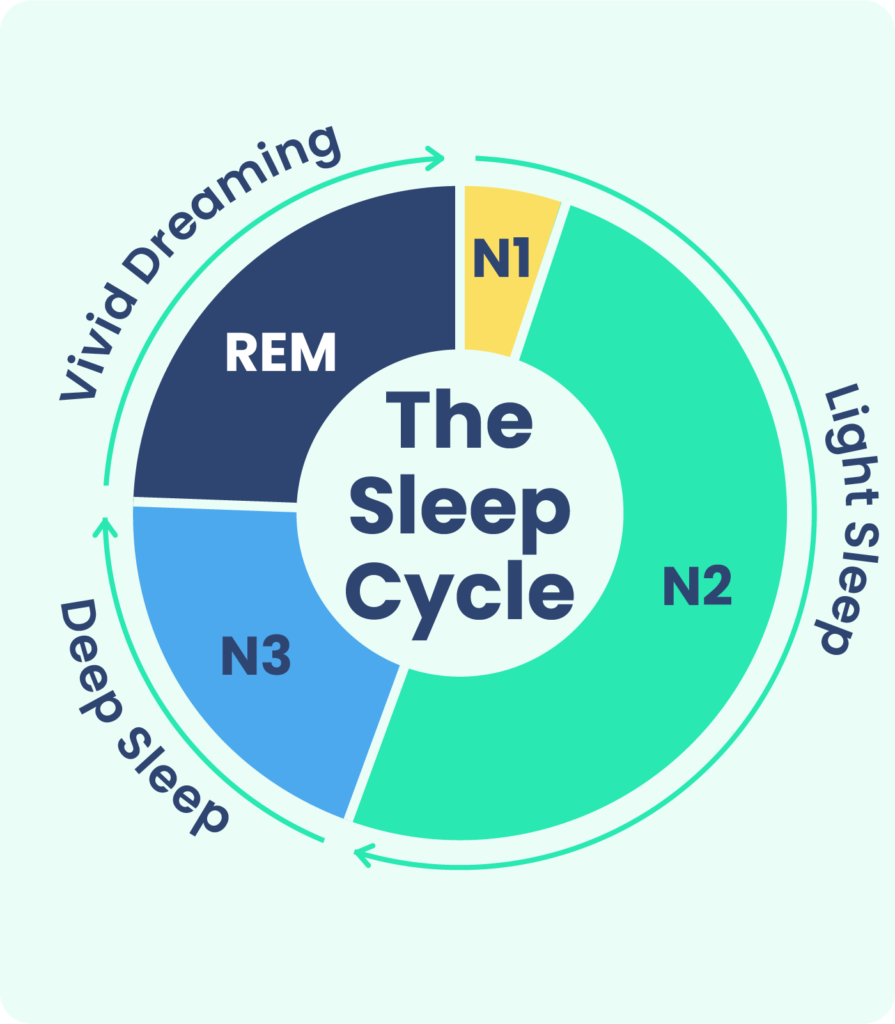
In spite of the fact that all stages are imperative angles of rest quality, waking up amid N3 has been appeared to cause impeded mental execution for 30 minutes to an hour after waking up.
Conclusion:
Rest is basic to your regular wellbeing and well-being. For most grown-ups, less than seven hours of quality rest each night can adversely affect temperament, mental sharpness, and day by day efficiency. Frequently locks in in physical action, eating a nutritious count calories, having a reliable sleep time, and making a unwinding rest environment can all offer assistance advance quality rest. By getting the amount and quality of rest you wish, you’ll be able be more revived, alarm, and offer assistance avoid persistent wellbeing conditions like tall blood weight.
How do you complete your sleep?
Stick to a sleep schedule
Go to bed and get up at the same time every day, including weekends. Being consistent reinforces your body’s sleep-wake cycle. If you don’t fall asleep within about 20 minutes of going to bed, leave your bedroom and do something relaxing. Read or listen to soothing music.
What is the recommended sleep time?
Experts recommend that adults sleep between 7 and 9 hours a night. Adults who sleep less than 7 hours a night may have more health issues than those who sleep 7 or more hours a night.
